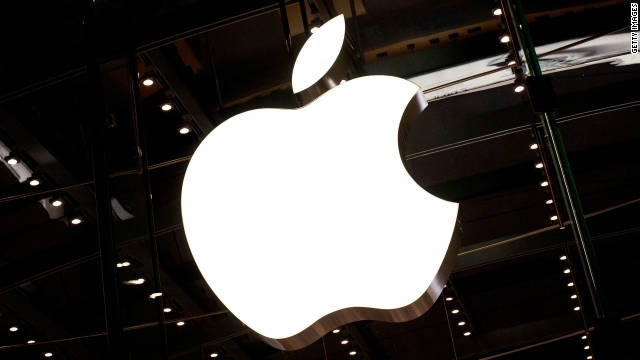
Apple alleges that activist investor David Einhorn is attempting to hold other shareholders "hostage" to a proposal that does not serve the "public interest", in its response to a legal challenge by the Greenlight Capital chief executive.
Mr Einhorn's lawsuit, filed in Manhattan last week, challenges Apple's "bundled" vote on a corporate governance change, set for its annual meeting later this month. The effect of it would be that Apple could not issue a new class of high-yielding stock, as he has argued it should without putting it to a shareholder vote.
The Apple filing to the court on Wednesday follows remarks from Tim Cook, chief executive, on Tuesday, describing the Greenlight lawsuit as a "silly sideshow" and waste of time.
"Shareholders should not be held hostage to [Mr Einhorn's] attempts to coerce Apple into an agreement that serves plaintiffs' financial interests," Apple said in the filing, adding: "The proposed injunction would harm the public interest."
In his declaration to the court, Peter Oppenheimer, Apple's finance chief, said that in a conference call with himself and Mr Cook on February 6, 2013, Mr Einhorn had described the requirement for shareholder approval as a "roadblock that was not needed".
Mr Einhorn wanted to "take the risk away" that shareholders might vote against the proposal, according to Mr Oppenheimer's account, and asked Apple's management: "Why make it harder?"
Mr Einhorn first approached Apple about his idea for the issue of perpetual preferred stock and a higher dividend payout for shareholders at the end of May, Apple said.
By that time, Apple had already set in motion the proposed changes, after inviting in shareholder advisory group ISS to review its corporate governance in mid-March, after last year's shareholder meeting.
Apple's version of events aims to challenge Mr Einhorn's claim that it had rushed through its governance changes, known as proposal two, to head off his attempt to push for a greater payout.
The Securities and Exchanges Commission, whose rules Mr Einhorn claims proposal two breaks by bundling several votes into one, had an opportunity to review the proxy filing and made no objections, Apple added.
In its legal arguments, Apple said that the proposal did not constitute "bundling", as claimed by Greenlight, but was a "single proposal". The proposals do not provide an "unfair choice" by combining "discrete" or "material" choices, Apple said.
"There are numerous examples of proxy proposals that combine multiple changes to a single corporate document, including elimination of the 'blank check' authority to issue preferred stock," Apple stated.
"All aspects of the proposal have been publicly supported by ISS and Glass, Lewis, proxy advisory firms, by large shareholders Calpers and Trillium Asset Management, and by proxy voting agent Marco Consulting."
Apple also says that changing its proxy at this stage would be "unworkable" because it will cost "millions of dollars" to send out new information to shareholders and other administrative costs.
Apple's legal team is led by George Riley of O'Melveny & Myers.
Mr Cook said at the Goldman Sachs technology investor conference in San Francisco on Tuesday that he and the Apple board were "seriously" considering new ways to return cash to shareholders, including the Greenlight proposal, which he then called "creative".
Greenlight did not have an immediate comment on the Apple legal filing.










